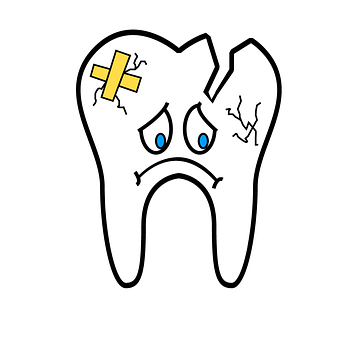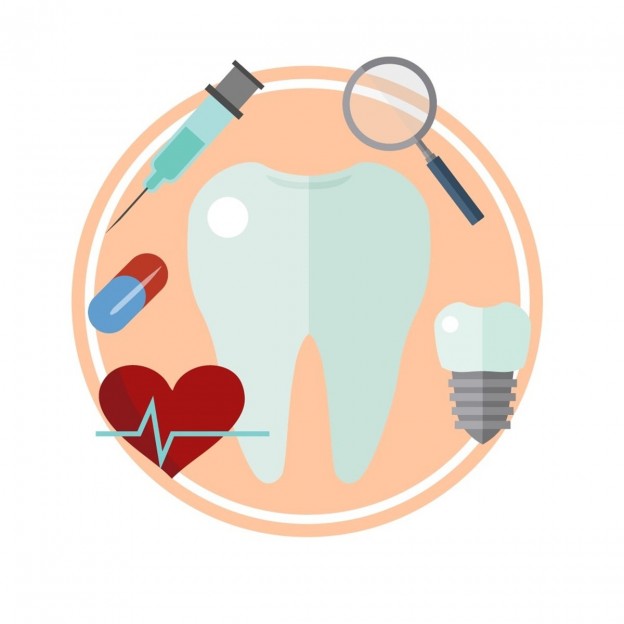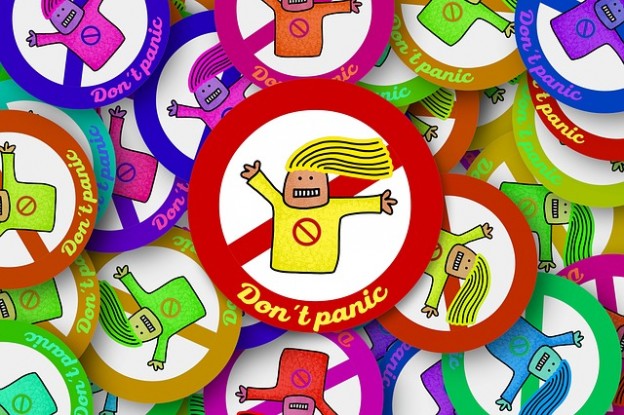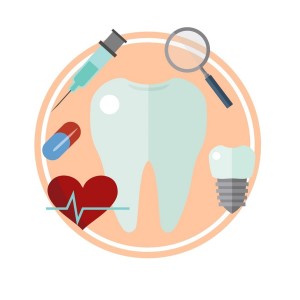 Gum disease, also known as periodontal disease, is more common than you might think.
Gum disease, also known as periodontal disease, is more common than you might think.
In the US, according to the Centre for Disease Control and Prevention data, one in two Americans over the age of 30 has some form (or stage) of gum disease.
As the early stages and symptoms of gum disease are often painless, it makes sense to familiarise yourself with the most common symptoms.
Only then can you work towards prevention of a condition that can become progressively more serious if left to develop.
What causes gum disease?
Bacteria is constantly present in the mouth, and forms a colourless film over the teeth and gums called ‘plaque’. Plaque should be removed twice daily by brushing and flossing. If plaque is allowed to build up, it can transform into a hard substance called ‘tartar,’ which forms around the teeth and beneath the gum line. Once tartar has formed, it cannot be removed by simple brushing alone, and should be attended to by a dentist or hygienist professionally.
Although gum disease can be caused by a poor dental hygiene routine, there are other factors that can lead to the onset of periodontal issues, such as:
- Smoking – smoking not only increases the risk of gum disease, but can also reduce the chance of successful treatment.
- Diabetes – sufferers of diabetes find they have increased risk of infections.
- Medication – one of the most common side-effects of certain prescription medications is the reduction of saliva production, which is a natural protector of the mouth tissues.
- Hormonal changes – changes in hormone levels, particularly in women and girls, can lead to gum sensitivity and an increased risk of gingivitis* (see below).
- Hereditary – some families are more prone to gum disease and other periodontal issues.
What to look for
The most common early warning signs of gum disease are easy to detect, and at this stage, less complicated to treat than at later stages when the bones that support the teeth can become affected. Therefore, it is important to understand the first signs of gum disease, so that you can address it quickly before it progresses. There are three main stages of gum disease, each carrying similar symptoms with varying degrees of severity. The most common signs to look for include:
Gingivitis
Gingivitis is one of the first signs that your teeth and gums are developing problems, and is a mild form of gum disease. Sufferers of gingivitis will find the gums growing redder, and likely to bleed when touched, brushed or flossed. Inflammation is usually mild, and in certain cases swelling of the gums around the teeth can occur.
Catching gum disease at this early stage can be addressed simply, with a scaling treatment at the dentist to remove tartar from the teeth, above and below the gum line, then the establishment of a good brushing and flossing routine to prevent re-occurrence.
Halitosis
Halitosis is a condition that is also known as bad breath. Prolonged periods of bad breath, sometimes accompanied by an unpleasant or metallic taste in the mouth, can be a good indication of gum disease in its early stages. There are many causes of halitosis, and sufferers may or may not be experiencing an early sign of gum disease. Your dentist will be able to confirm the cause and treatment of halitosis quickly and easily.
Periodontitis
Periodontitis occurs when gingivitis is not treated. This advanced stage can be identified by inflammation around the teeth, swelling and a bright red colour. During this stage, gums can become tender to the touch, and can begin to withdraw from the teeth, making them appear elongated.
Spaces can develop between the teeth, forming periodontal ‘pockets’ that can become filled with food and bacteria, leading to infection.
This stage of gum disease can cause damage to the soft periodontal tissues and can contribute to the loss or reduction of the bones that support the teeth and can eventually lead to tooth loss. Periodontitis should be addressed immediately by a dental professional.
Loose or misaligned teeth
Once gum disease has progressed to the later stages, the teeth may begin to feel loose. This is sometimes most obvious while eating. When the bones that support the teeth begin to suffer from infection, you may notice that your bite feels different when eating.
If you experience loose or misaligned teeth, it does not necessarily mean that you have late-stage gum disease, as there are other issues that could contribute to the problem, but a visit to your dentist will tell you all you need to know.
Should you experience any of these symptoms, a visit to your dentist is the best way to confirm the onset of gum disease. Generally, the progression of gum disease is slow, and attention in the earliest stages, such as gingivitis, can help to prevent the onset of more serious progression.
How Dental Excel can help with gum disease prevention
The friendly and professional teams at Dental Excel Caloundra, Beerwah, Bracken Ridge, Palmwoods and Wurtulla are experienced in the treatment of every stage of gum disease and are happy to support you in your journey to a healthy mouth and smile.
We also work proactively to help our patients of all ages establish a regular dental routine, which is by far the best way to tackle the issue of gum disease. We can help you to prevent the onset of periodontal problems, and can work with you to find the best options for you should you require further treatment.
Contact us today to make an appointment in one of our five dental practices local to you. With high-quality dentistry for all the family, and a range of opening times to suit your requirements, let Dental Excel help you to prevent gum disease, and keep your healthy smile for life.
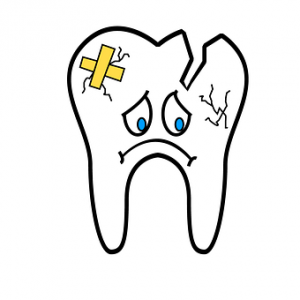 Accidents do happen occasionally, and having a tooth knocked out is a pretty big deal. Although the odds of saving a knocked-out tooth reduce as you get older, it is far more common these days for permanent teeth to be saved or re-implanted.
Accidents do happen occasionally, and having a tooth knocked out is a pretty big deal. Although the odds of saving a knocked-out tooth reduce as you get older, it is far more common these days for permanent teeth to be saved or re-implanted.


